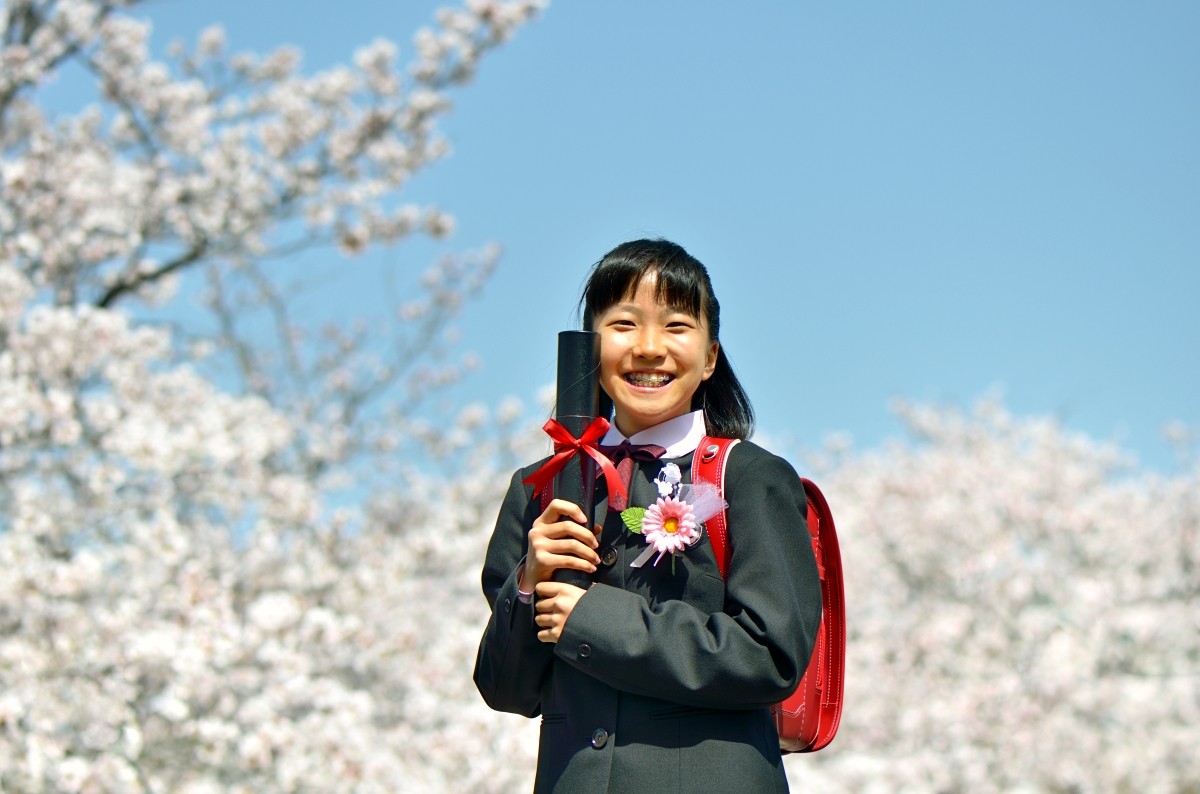
The word "graduation" marks the end of student life and serves as a significant moment—a stepping stone to a new path. In Japan, graduation ceremonies are not just formal events; they are deeply emotional memories cherished by many. This article will thoroughly explain the meaning of "graduation," details of graduation ceremonies held in Japanese schools, classic graduation songs sung at these ceremonies, and the all-important document that proves one's graduation—the diploma.
*By purchasing or reserving products introduced in this article, a portion of the sales may be returned to FUN! JAPAN.
What is Graduation?
Looking up the definition of "graduation" in the dictionary, you will find:
1. Completing all courses at a school. "Graduating from university" "Graduation ceremony"
2. Passing through a particular phase or period. "I've graduated from my bowling phase"
Source: Digital Daijirin
In Japan, the meaning of "graduation" has expanded beyond its original definition. It is often used to describe leaving a group or activity, such as when an idol retires or when someone leaves a company after many years of service.
When Are Japanese Graduation Ceremonies Held? Unique Traditions and Cultural Background
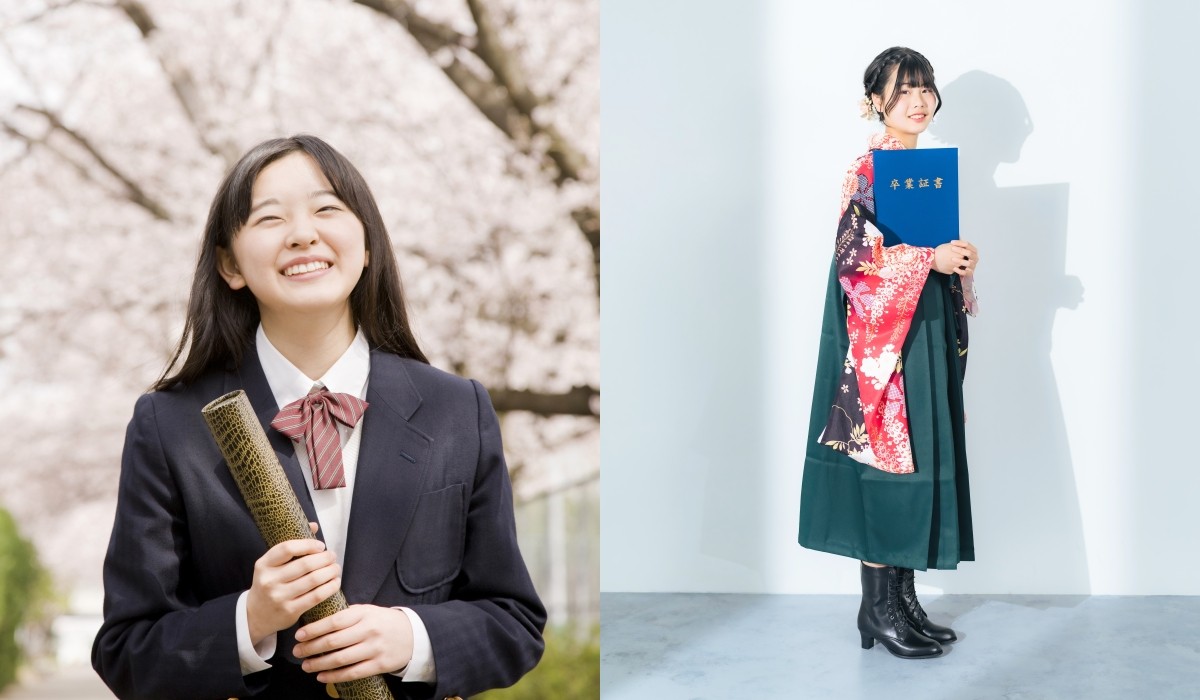
Graduation ceremonies in Japan take place in spring, at the end of the academic year in March.
A graduation ceremony is a formal event recognizing the completion of an educational program and celebrating this achievement. In elementary, junior high, and high schools, ceremonies are usually held in the gymnasium. Despite the lingering cold of March, the gym is adorned with floral decorations and red-and-white drapes, creating a solemn and special atmosphere. As a formal event, graduates wear hakama or their school uniforms, ensuring their attire and appearance are appropriate for the occasion. Teachers, parents, and current students also attend in formal wear, as is customary.
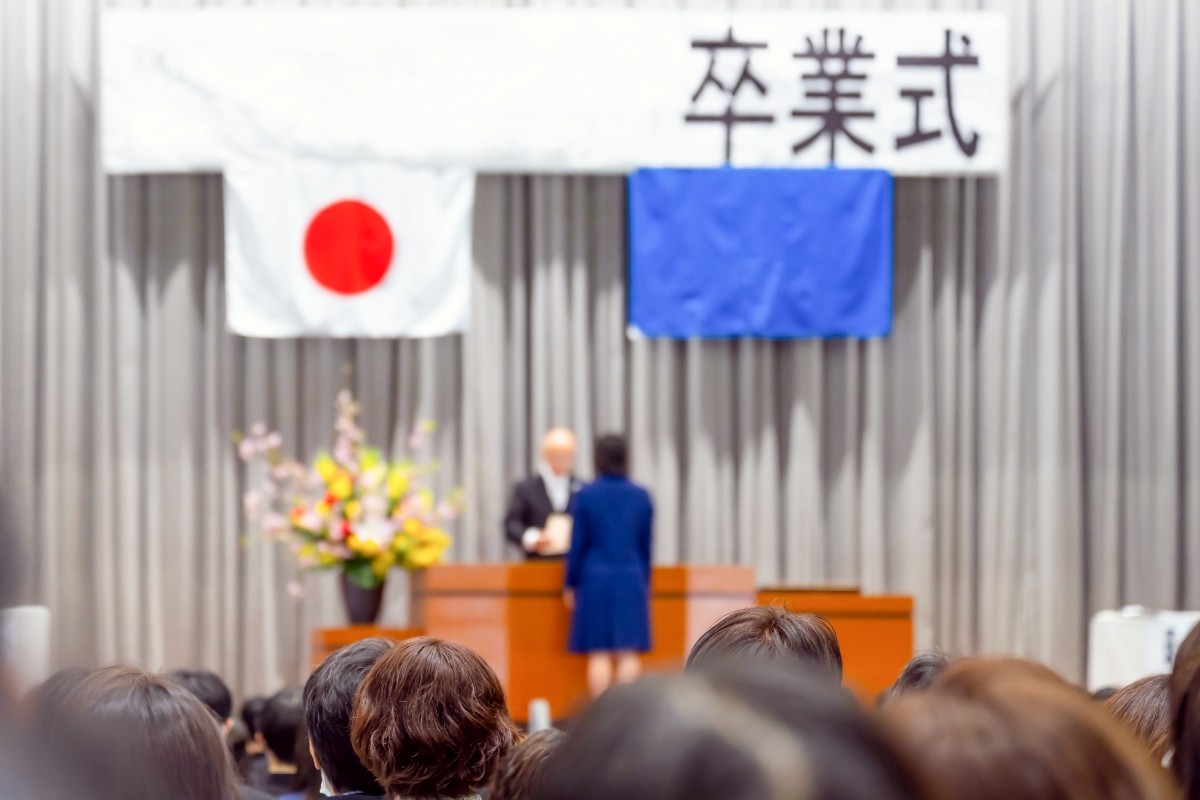
In elementary, junior high, and high schools, a "diploma" is awarded, making the official name of the event "Diploma Awarding Ceremony," though it is commonly referred to as the "Graduation Ceremony." Similarly, in universities, a "degree certificate" is awarded, so the official term is "Degree Conferral Ceremony."
Graduates are also given a sturdy cylinder to protect their diplomas from bending. The black cylinders often seen in graduation photos or illustrations are used to store these diplomas.
The ceremony typically includes the presentation of diplomas, congratulatory speeches from the principal and guests, farewell messages from current students, responses from the graduates, and a choral performance. There are also regional traditions, such as the "blazer toss" in Okinawa, where graduates throw their blazers into the air, and in Nagano, where elementary school graduates wear their junior high school uniforms for the ceremony.
Purchase or rent kimono and hakama from Kimono 365 👉 Click here
Search for "Men’s Business Suits" on Yahoo! Shopping 👉 Click here
Cultural Significance of Graduation Ceremonies
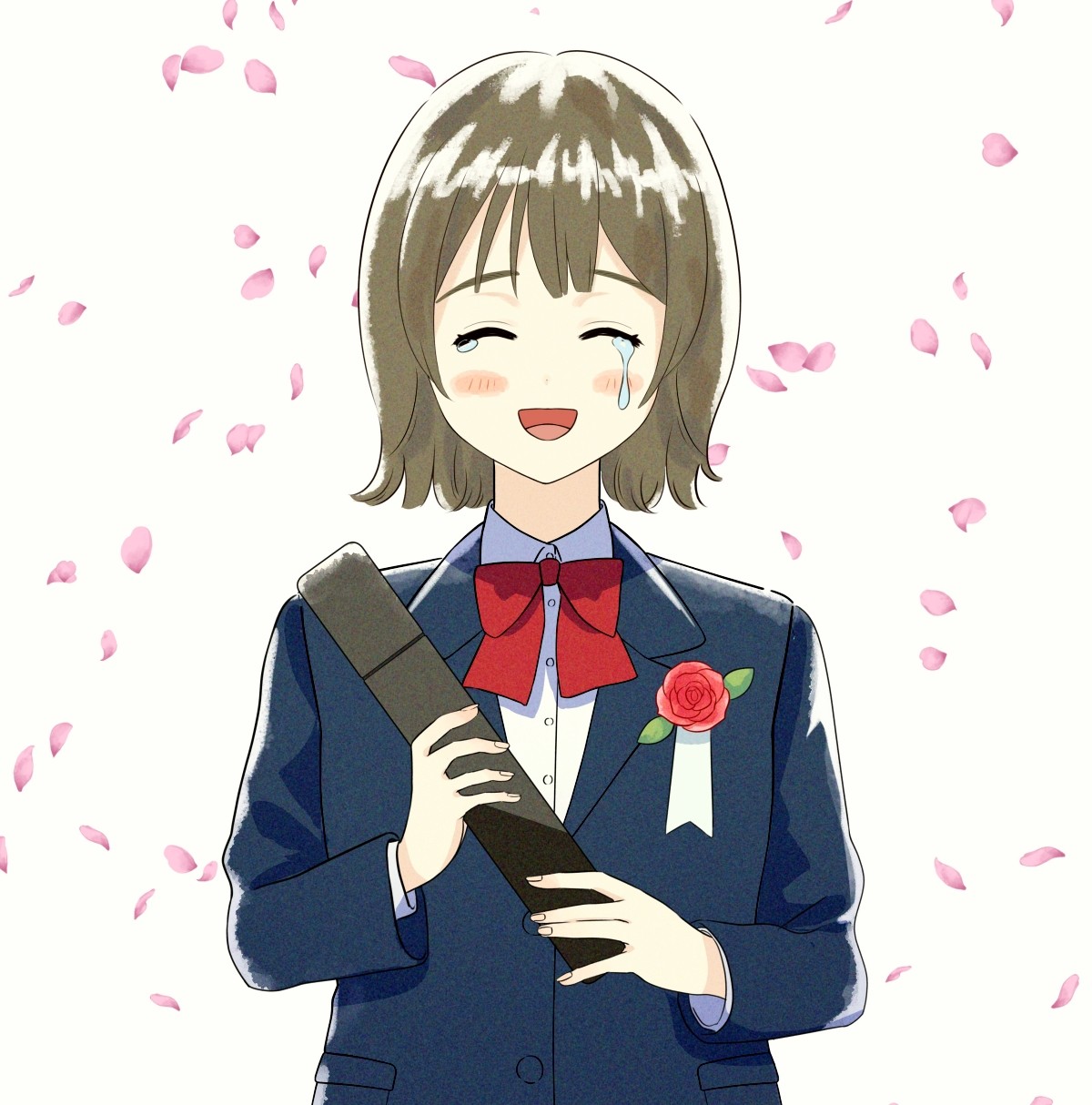
Graduation ceremonies are not only a celebration of academic achievement; they also hold a significant emotional aspect. They are a moment to reflect on farewells and heighten the anticipation for new beginnings. Feelings of sadness and gratitude arise from parting ways with friends and teachers who have shared many years together. At the same time, there is a mix of excitement and anxiety about starting a new life, whether it be further education or entering the workforce. These emotions often bring tears, and it is not uncommon for people to cry during graduation ceremonies.
One of the most emotional parts of the ceremony is the heartfelt farewell speech from younger students, the speech representing all graduates, and the words of encouragement from teachers. These moments often evoke memories of school life, making the ceremony even more profound. Graduation ceremonies are not just formal events; they are a time to share various emotions.
Graduation Songs and Their Role
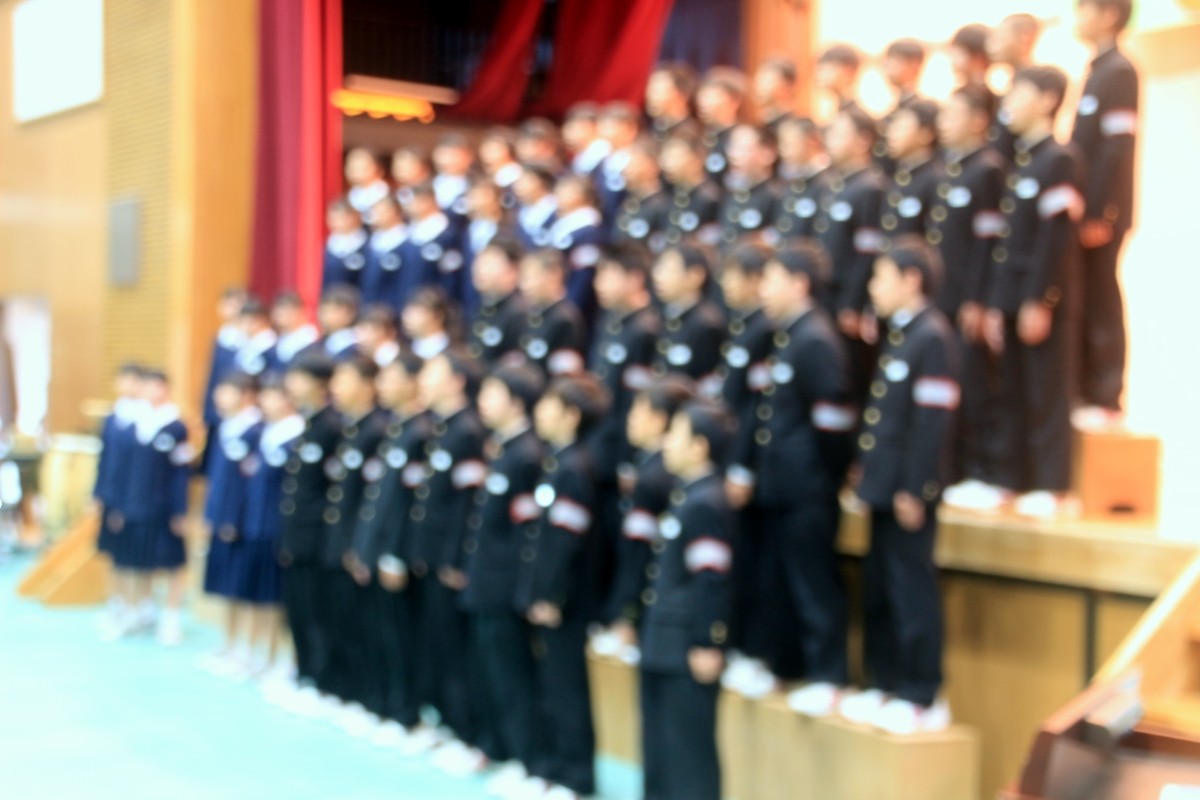
One of the most touching parts of a graduation ceremony is the choral performance.
"Aogeba Tōtoshi" (Partial Lyrics) - Lyrics & Composer: Unknown
Among Japan's long-standing graduation songs, "Aogeba Tōtoshi" and "Hotaru no Hikari" are widely known. These songs express deep respect for teachers and schools, reflect on the days of studying hard, and convey the bittersweet emotions of parting.
How noble it is to look up to our revered teachers
Many years have passed in the garden of learning
When I think back, these years have flown by so fast
Now the time has come to part, let us say farewell
"Tabidachi no Hi ni" (Partial Lyrics) - Lyrics: Noboru Kojima, Composer: Hiromi Sakamoto (now Takahashi)
A more recent graduation song is "Tabidachi no Hi ni." This choral piece was composed in 1991 by a middle school teacher in Saitama Prefecture and gradually spread across the country. The song expresses the teachers' hopes for their students' future, as well as the students' emotions as they take their first steps forward, carrying memories of irreplaceable days spent with friends. Its melody conveys a mix of sadness, hope, and determination.
In the white light, the mountain ridges glow with fresh green
You will take flight to the farthest reaches of the sky
Under the endlessly blue sky, your heart trembles with emotion
Like a bird soaring freely, never looking back
Filling your wings with courage, riding the winds of hope
Entrusting your dreams to this vast sky
"March 9th" (Partial Lyrics) - Lyrics & Composer: Ryota Fujimaki, Arrangement: Remioromen
In recent years, pop songs have also become popular as graduation songs. Remioromen’s "March 9th" and Ikimono Gakari’s "YELL" are well-known examples. These songs capture the bittersweet longing for cherished moments and the excitement of stepping into a new chapter, expressing the emotions that well up during graduation.
Standing at the entrance of a new world
I realized that I am not alone
When I close my eyes, you are there
Just behind my eyelids
How much strength I have gained from that
I hope I can be the same for you"
"YELL" (Partial Lyrics) - Lyrics & Composer: Yoshiki Mizuno (Ikimono Gakari)
"Where am I now?"
I keep looking back at the footprints I’ve left behind
Holding withered leaves, I traced my dreams
With chilled fingers by the autumn-tinted window
I have wings, yet I cannot fly
Afraid and hurt by the thought of being alone
Beyond the days we spent leaning on the warmth of kindness
We take steps toward our solitary dreams
Goodbye is not a sad word
It’s an "YELL" that connects us to our own dreams
Holding the days we spent together in my heart
I take flight, alone, toward the future sky
Comparison of Graduation Traditions Between Japan and Other Countries
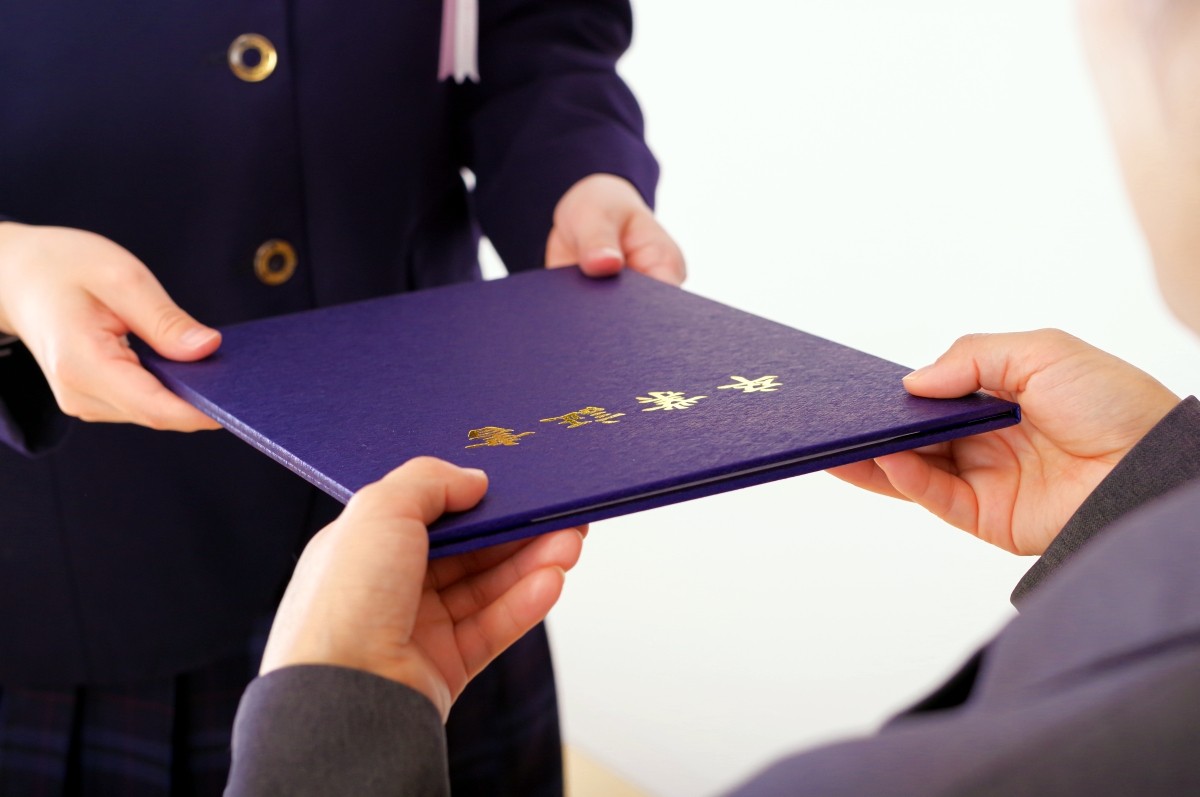
In Japan, graduation ceremonies often involve tears and heartfelt farewells, which is quite unique compared to other countries. Overseas, graduation is generally seen as a joyous celebration. In some countries, there is even a segment where current students perform plays or songs on stage to entertain the graduates. In Japan, where significant milestones are valued and ceremonies are conducted with solemnity, students meticulously practice every aspect—from the way they enter and exit the hall to the timing of their bows and choral performances. This dedication to formality and preparation is a distinct characteristic of Japanese graduation culture.
Receiving the Second Button from Someone You Like

Another uniquely Japanese tradition is "receiving the second button from someone you like." On graduation day, male students give the second button from their school uniform, known as "gakuran," to someone special as a way of expressing their feelings. Sometimes, a male student gifts the button to a female student as a token of his affection, while other times, a female student asks her crush, "Can I have your second button?" to convey her feelings. There are various theories as to why the second button is chosen, but the most common explanation is that it is the closest to the heart, symbolizing something that has been near that person’s emotions.
Graduation Day Traditions

In Japan, it is common to take commemorative photos after the graduation ceremony. Students take pictures with their classmates, close friends, homeroom teachers, and even their parents to capture the special moment. In the evening, a party called "Shaon-kai" is sometimes held. This is an event where graduates and their parents express their gratitude to their teachers. It is often hosted at a restaurant or hotel, featuring performances such as singing and dancing, as well as gifts given to teachers as tokens of appreciation. While the graduation ceremony itself is solemn and emotional, the "Shaon-kai" is usually a more casual and lively celebration.
University students often go on "graduation trips" with close friends or lab members. Once their graduation thesis is submitted, most fourth-year students no longer have required classes, giving them plenty of free time. Since they will soon be busy with jobs or graduate school, many take the opportunity to travel, sometimes even overseas, to create lasting memories before their next chapter begins.
If you are interested in booking a professional photography session, check out fotowa👉here
This article introduced Japanese perspectives on "graduation" and the traditions surrounding graduation ceremonies. Through this familiar theme, we can see just how unique Japanese culture truly is.
Bibliography:
Maki Arimoto, "History of Graduation Ceremonies," first edition, Kodansha, 2013, p. 264
Masanobu Morita (Kyoto University), "Research Report on the Regionality of School Culture> The Origin of School Culture," Kyoto University, Center for the Promotion of Interdisciplinary Education and Research, Publication Date: February 28, 2018 (Reference date: January 15, 2025) https://repository.kulib.kyoto-u.ac.jp/dspace/handle/2433/233653
Wedding and Funeral Research Institute, "The Impact of Contemporary Issues such as the Declining Birthrate and Aging Population and the Unrelated Society on Ritual Culture and Future Trends: Chapter 2 Graduation Ceremony", last accessed May 30, 2018 (Reference date: January 15, 2025) https://www.ceremony-ri.jp/study-result/archive/papers2017/
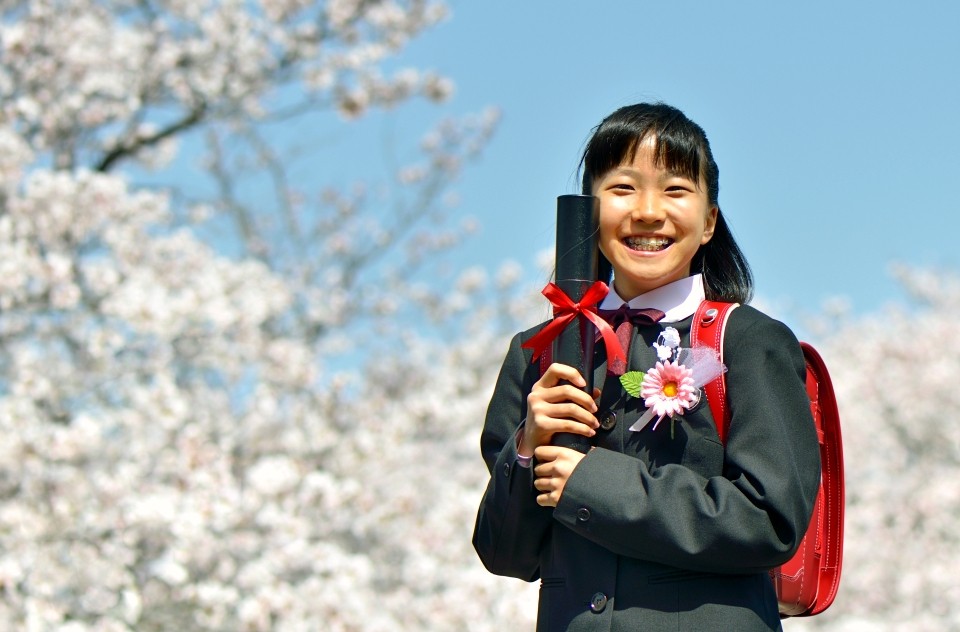
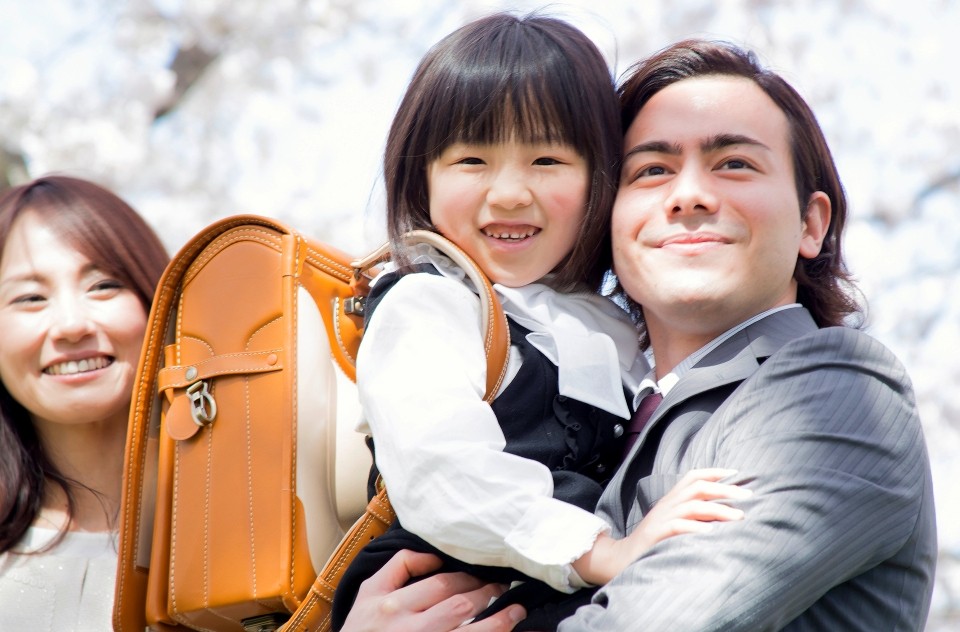

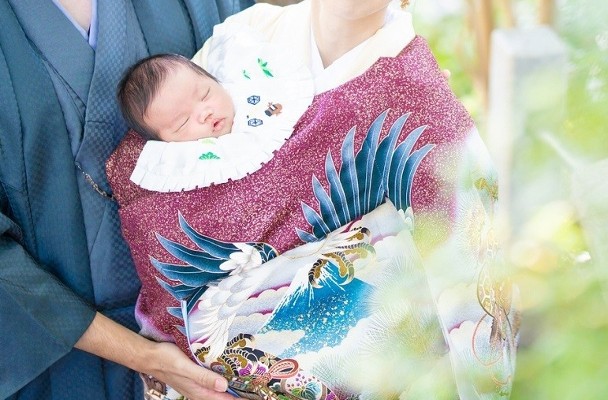
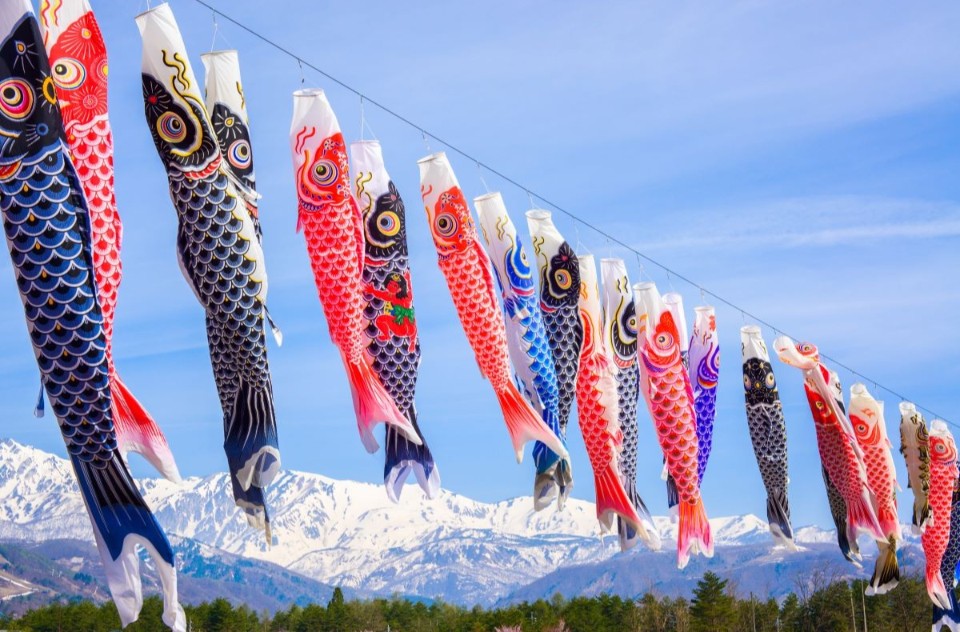
Comments